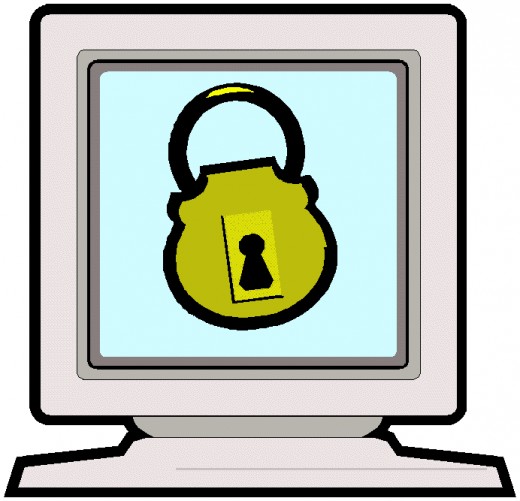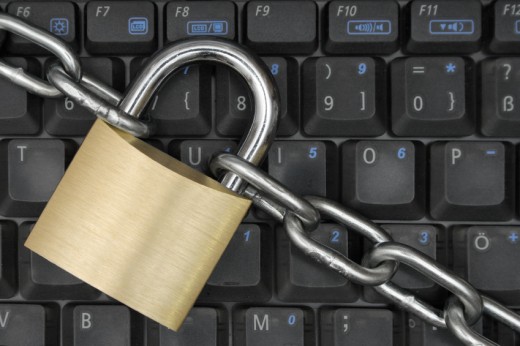Privacy Tips at Work and at Home
Ensure Personal Privacy and Prevent Identity Theft
You want to make sure that you know how to properly protect yourself. You may think privacy is a simple and common sense ordeal, but in some cases, it is so simple, it can be complicated for some. And, because identity theft is becoming a larger problem, protecting ourselves from identity thieves is a very important consideration.
When you're at work, the bigger concern is protecting yourself and your job by ensuring that you do not send out personal or private information to someone who doesn't need the information. You never want to send social security numbers, bank accounts, medical information, or other confidential information via faxes or emails. You want to make sure that you are careful about who sees your computer and what information you make available to others.
When at home, it's important that you protect yourself and your family (even your children) against potential identity theft. You want to make sure that you don't use your social security number, pass around medical information, or release other personal information that could be used to steal your identity. Even though you may trust the person you're talking to and emailing with, you just never know what may happen, and it's important to be a little overly cautious than not at all.
Below, you'll find a few tips that you may want to keep in mind and implement into your own life (business and/or personal) in order to help safeguard yourself.

Privacy Tips in the Office
- Make sure that you review any and all information carefully. You want to make sure that your process the information by following the proper procedures and guidelines. Review, Verify, Process
- Before you disclose any information- verbally or in writing- make sure that you follow the proper disclosure regulations for your company. You want to make sure that if the information relates to your department, you use your department's privacy manual to make sure you're following proper procedures. and guidelines.
- Before you send a fax, mail out information, or send an email, you want to make sure that the fax number, address, and email address are correct. You want to make sure that the information is going to be received by the recipient you intend. You don't want to include someone else that shouldn't receive the information.
- Do no send personal information or information that a recipient doesn't need. Make sure that you check any attachments, as well as overall content, when sending emails.
- Make sure that you always lock your computer when you are not at your desk. You do not want anyone to get into your computer and into your files that doesn't need to be there. Make sure that you password protect your computer, and have different passwords for different programs that require passwords. Never leave your passwords out in public for people to see, and never share your passwords.

Privacy Tips to use at Home
- Make sure that you keep any and all items that have your personal information on it in a safe place. Consider using locked file cabinets and/or fireproof safes. You want to properly discard receipts, copies of credit applications, insurance forms, physician statements, bank checks and statements, expired credit cards, credit offers, and mailing labels from magazines. Tear up the information or shred it before discarding. This will help prevent identity theft.
- Do not share too much personal information with your friend and family. Also, make sure you are more careful on the internet about sharing and disclosing personal information. Do not share your birth date, travel plans, address, social security number, mother's maiden name, or other basic information that may be asked to verify any accounts. Facebook, Myspace, and even Twitter are some of the more popular social networking sites where identity theft can originate.
- Because child identity theft is on the rise, make sure that you check your child's credit report, as well a your own. You can get consumer report from Equifax, Experian, and TransUnion once ever 12 months for free. Call 1-877-322-8228, or go online at annualcreditreport.com
- Medical identity theft is another popular form of identity theft that you should be aware of. Thieves can use your personal information to obtain medical care. You want to make sure that you always review your bills, notices, and statements from doctors, hospitals, and health insurance companies to verify that they do belong to you.
- The most basic privacy tip that you always want to keep in mind, is to protect your social security number. Social security numbers are predictable and not as confidential as you may think, all a thief needs to do is search with your birthday and the state where you were born, and they can find your SSN.








